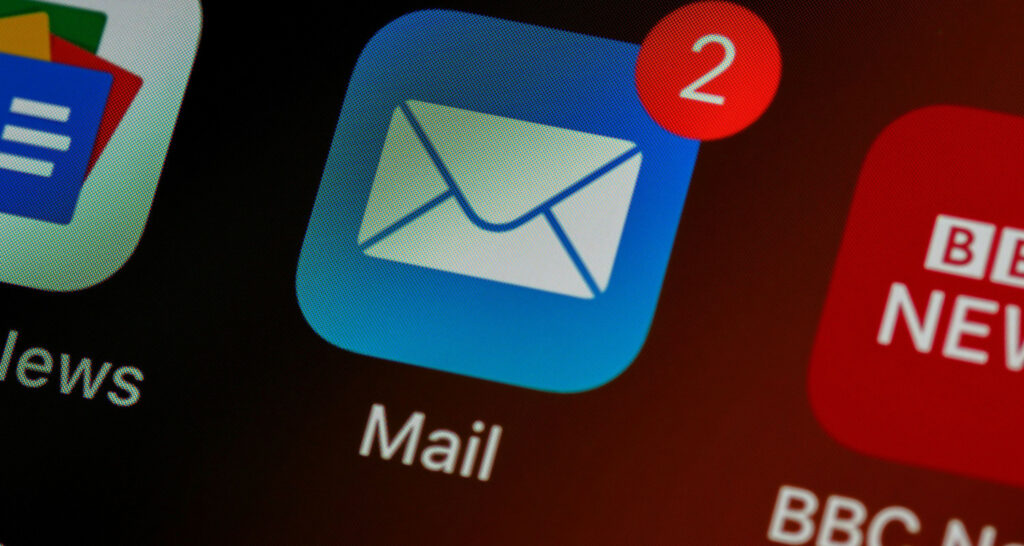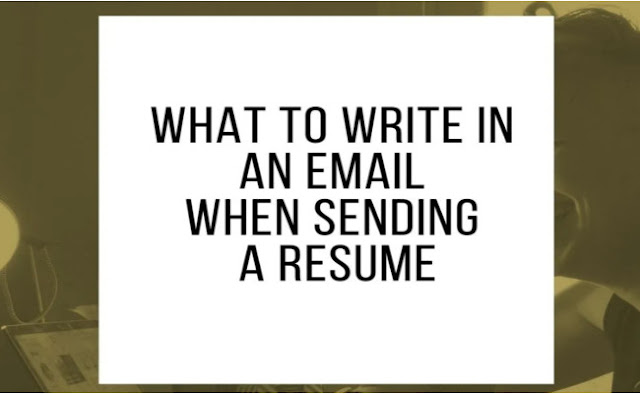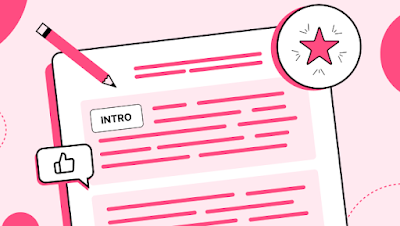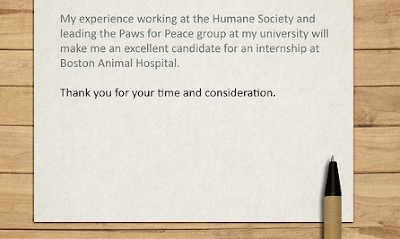In this article, we will discuss what to write in an email when sending a resume. In a world full of ambition and cutthroat competition, sending a professionally drafted email with your resume is essential.
It forms a positive first impression in the eyes of a potential employer. With a well-drafted email, you can stand out, demonstrating your communication skills, professionalism, and attention to detail.
In comparison, an informal email can have the opposite effect, and it can form a negative first impression and potentially damage the chances of an interview.
Steps for Writing an Email
Given Below are some steps on what to write in an email when sending a resume, which you must follow:
Subject Line
The subject line is the first element a recipient reads. The email’s content convinces the recipient that it contains essential information and that they must not ignore it.
- Application for ( job position) – the name of the applicant
- (Position title) Candidate– the name of the candidate
- Experienced ( job position) – seeking a new opportunity
- ( Name of candidate) – resume attached for ( position title)
Avoid simple and generic phrases as they sound unprofessional and do not provide any specific information.
See also : 5 Ways To Find Someone’s Email on LinkedIn
Salutation
Salutation refers to the display of courtesy by greeting the recipient. It helps establish a professional tone, influencing the recipient’s perception of you.
To set the tone of the article, appropriate salutations are necessary. The opening, as well as the closing paragraph of the email, should consist of it.
To leave a good impression, use greetings such as the word “Respected” followed by Sir or Ma’am or terms like “To whom it may concern” or “Respected Hiring Manager.”
Opening Paragraph
The email should begin with an introduction that will catch the recipient’s attention. It should also state the job you are applying for and why you contacted them.
As an illustration, you can write, “I am writing to apply for the (Position) position that I saw advertised on (Website/Job Board).”
You might briefly introduce yourself and convey passion for the role after declaring the position you are applying for. Please also describe your present or most recent work, relevant experience, or degree.
Body Paragraph(s)
When writing the body, you should go into further detail about their credentials and experience. It is the chance to highlight your qualifications and argue why you are most qualified.
Being specific about your skill set and expertise can be beneficial.
In addition to elaborating upon qualifications and experience, highlight any relevant skills and accomplishments that make you a strong candidate for the position. It could include specific projects worked upon by you or recognitions received, or any other noteworthy achievements.
Mentioning any shared connections or referrals is advantageous as it enhances the credibility of your application, creating a favorable impression.
A statement of interest in an interview demonstrates your commitment and willingness to progress in the role and job application process. Therefore, be proactive and excited about the job.
With the help of Military Resume Writing, introducing yourself to the employer and showing ardor for the position has become more accessible. This email will act like a brief letter showcasing an individual’s education, skills, and experience in a systematized format.
See also: Skillroads Review: AI Career Service that Helps You Land a Dream Job
Closing Paragraph
Once you have emphasized your qualifications and demonstrated enthusiasm for the position, concluding the email with a compelling closing paragraph is crucial. To show appreciation for the recipient’s time and consideration, the email closing should express gratitude to the recipient for reviewing the application.
Additionally, providing your contact information, including phone number and email address, to facilitate accessible communication and potential scheduling of an interview is a must.
Closing
An appropriate email tone is necessary for maintaining a relationship with the recipient. Examples of proper closings include “Sincerely,” “Best regards,” “Thank you,” “Respectfully,” “Kind regards,” “Warm regards,” and “Yours faithfully.”
Final Tips
Finally, if the recipient does not respond within a week or two, following up to check the application status may be appropriate.
Conclusion
In conclusion, a well-crafted and professional email is essential when sending a resume. These are the steps you must remember when you write an email for sending a resume. A clear and concise subject line, a proper salutation, and an opening paragraph that introduces yourself and expresses enthusiasm.
A body paragraph that highlights your qualifications and relevant experience is a must. A closing paragraph that describes gratitude and interest in follow-up communication. A professional and courteous closing. All these are a must.
Remember to proofread your email, attach your resume appropriately, and follow up if necessary. If you follow these tips, you can increase your possibility of getting noticed and considered for the job you are applying for.
He is a Tech Geek, Gadget Expert, SEO Expert, Web Designer, and a Blogger. Having a technology background gives him a unique perspective!






.png)


